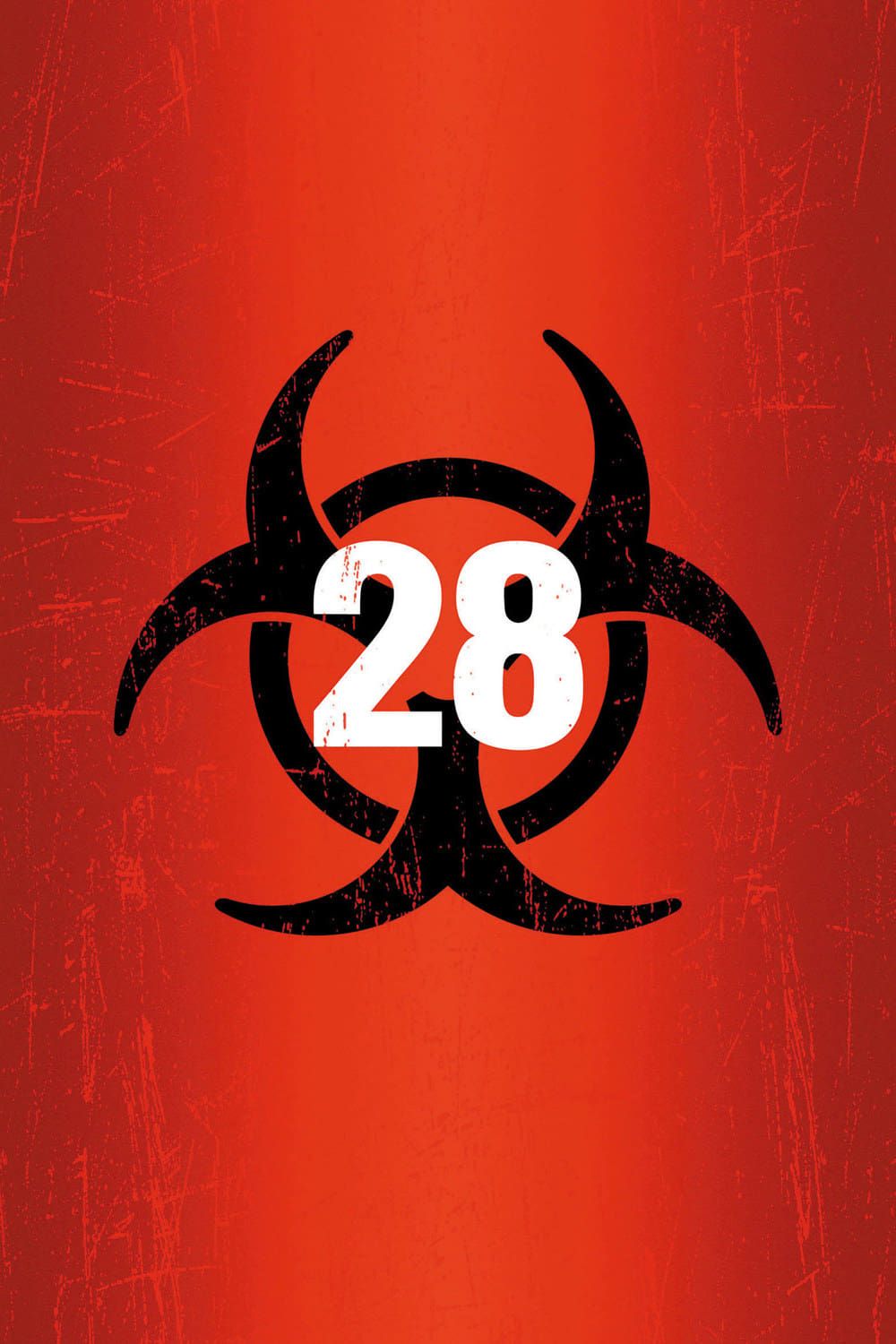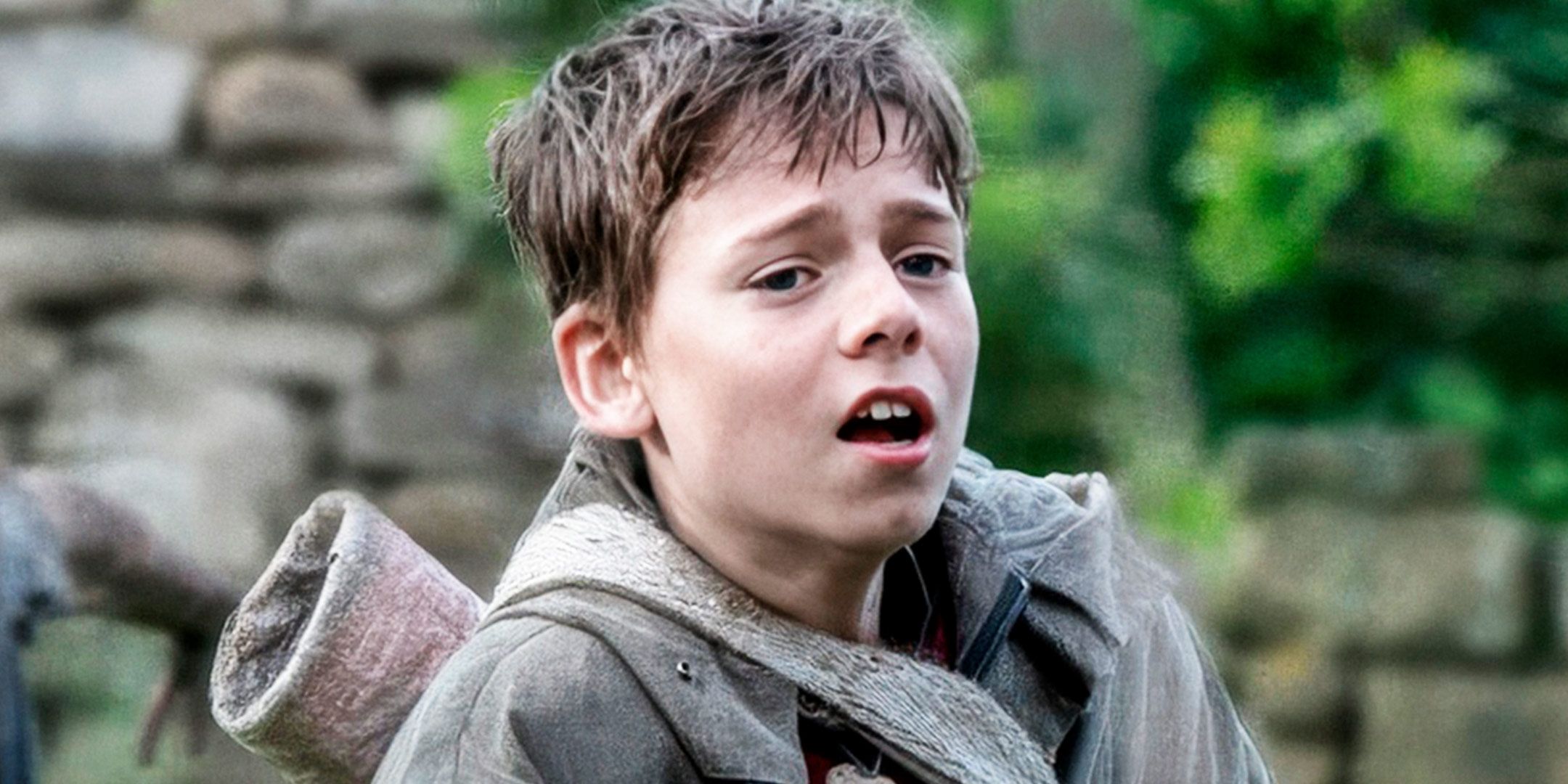All three of the films are good, but only one of them stands tall above the other two (and much of the 21st-century horror genre). Directed by Danny Boyle with a screenplay by Alex Garland, 28 Days Later was a non-zombie movie that did more than just reinvigorate that sub-genre. The films all focus on a United Kingdom decimated by the highly contagious Rage Virus, which serves as the baseline background for three otherwise unconnected films.
Each of the three 28 Days Later films focuses on a different cast of characters trying to survive in different periods of the outbreak, whether that be in the first month of the epidemic in 2002's 28 Days Later, a military quarantine gone wrong months later in 28 Weeks Later, or decades after the collapse of former society in 28 Years Later. All of them benefit from strong filmmaking and great performances, but only one of them fuses the horror and emotion baked into the premise to produce one of the best horror movies of the 21st century.
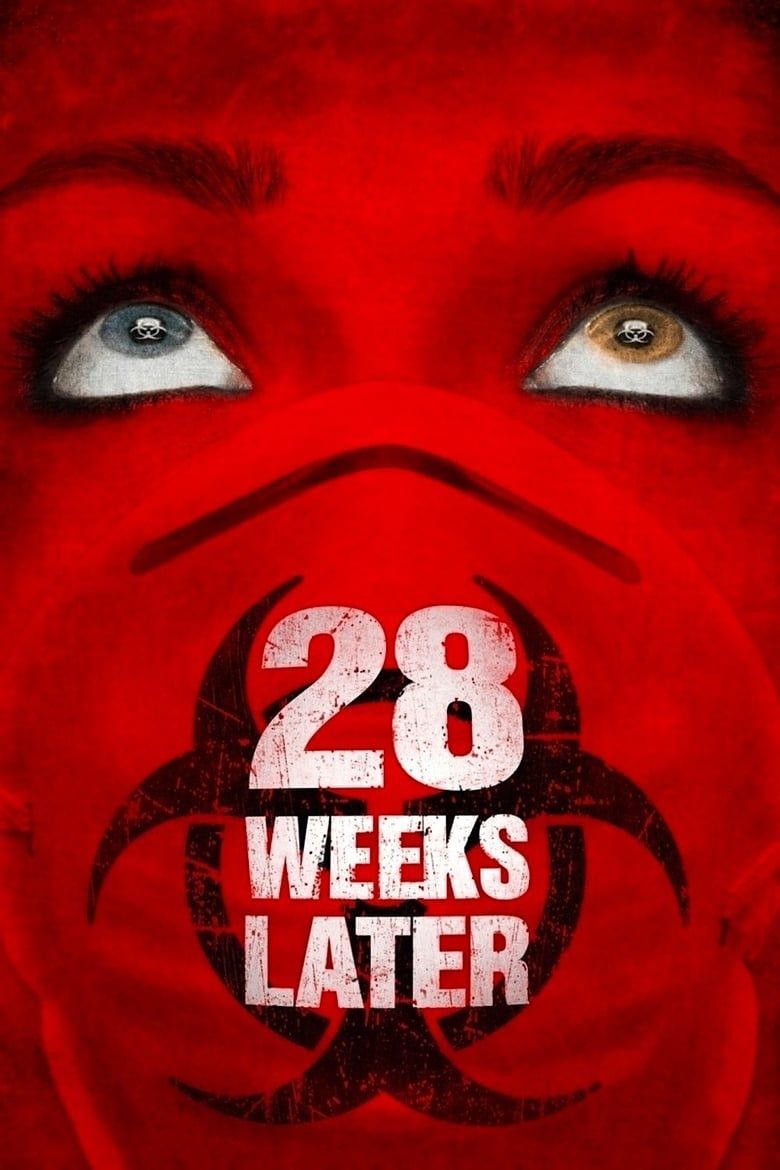
Although it works just as fine as an action/horror film on its own merits, . Instead of focusing just on the survivors of the Rage Virus as they try to survive what the world has become, 28 Weeks Later has a larger ensemble cast of survivors, soldiers, and doctors who struggle to escape a military quarantine zone that is quickly spiraling out of control.
The best aspects of the movie lean into that harsher tenor and tone, with plenty of big action beats to separate it from the rest of the series. The problem is that the other two films in the series are far more concerned with the emotionally grounded arcs of the main characters, which is a big part of the appeal of the approach. By contrast, , bigger action, and broader visual moments.
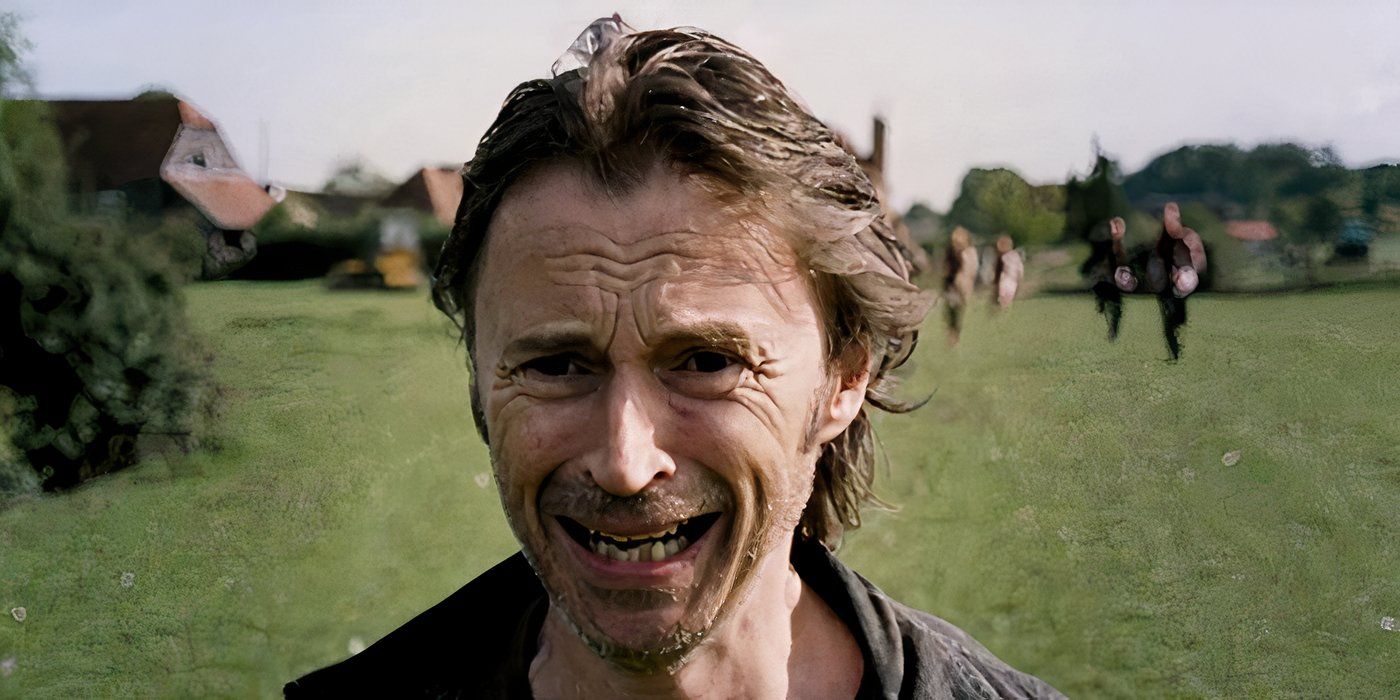
Related
28 Weeks Later Ending Explained: The Rage Virus Goes Global & How It Sets Up 28 Years Later
The spread of the rage virus in the cliffhanger ending of 28 Weeks Later lays the groundwork for the franchise's next installment, 28 Years Later.
While some of these moments do aim to recreate the moral hardships that come with surviving (such as the film's admittedly great opening sequence and a harrowing attempt to reach a helicopter that involves turning the rotary blades on a crowd of the Infected), much of the movie is a broader "humans are the real monsters" horror story that lacks the complicated layers and depth afforded to the other two films. Even the worst humans in those films got some element of self-awareness, whereas .
With Danny Boyle only serving as an Executive Producer on the film and Alex Garland otherwise unconnected to the project, 28 Weeks Later just doesn't have that same emotional heft that made 28 Days Later and 28 Years Later so effective. Director Juan Carlos Fresnadillo does good work in the film, and the cast (including Robert Carlyle, Rose Byrne, Jeremy Renner, Harold Perrineau, Imogen Poots, and Idris Elba) are all doing solid work playing largely unremarkable characters. .
Reuniting Alex Garland and Danny Boyle for a return to the world they established decades prior, about family, death, and life. Playing out less like a standard post-apocalyptic horror film and more like a character drama set in the wilderness, 28 Years Later focuses on Spike, a teenager who has never known a world not ravaged by the Rage Virus. The film follows his two missions into the dangerous wilderness of the mainland, once alongside his father and with his sickly mother.
, as the horror stems more from the atmosphere and tension of another attack rather than the sudden bursts of violence and gore that fill the other movies. This has the benefit of giving the film room to breathe, allowing elements like the Alpha to land harder when they do arrive on the scene. It's not the scares that make 28 Years Later so effective though, but rather the characters. Alex Garland's script is fantastic, with a keen eye for character dynamics that quickly becomes the true core of the film.
On top of the strong script and great performances (with Alfie Williams and Ralph Fiennes nailing their performances especially), that Danny Boyle has ever deployed in his long-running career. While the slow pace and purposefully disjointed ending may keep it from landing with everyone, fans of 28 Days Later and that film's approach to slow-burning horror, creepy atmosphere, and consistent character work will find plenty to love about this one.
Even the ways 28 Years Later builds on the previous films feel fresh, with standard horror sequel tropes like a mutating virus giving way to unexpected story directions. Throughout it all, that defines the most compelling horror movie. While the slow-burn approach might ward off fans of high-action horror and the wild ending can feel disjointed after the more muted film that preceded it, 28 Years Later is a phenomenal film.
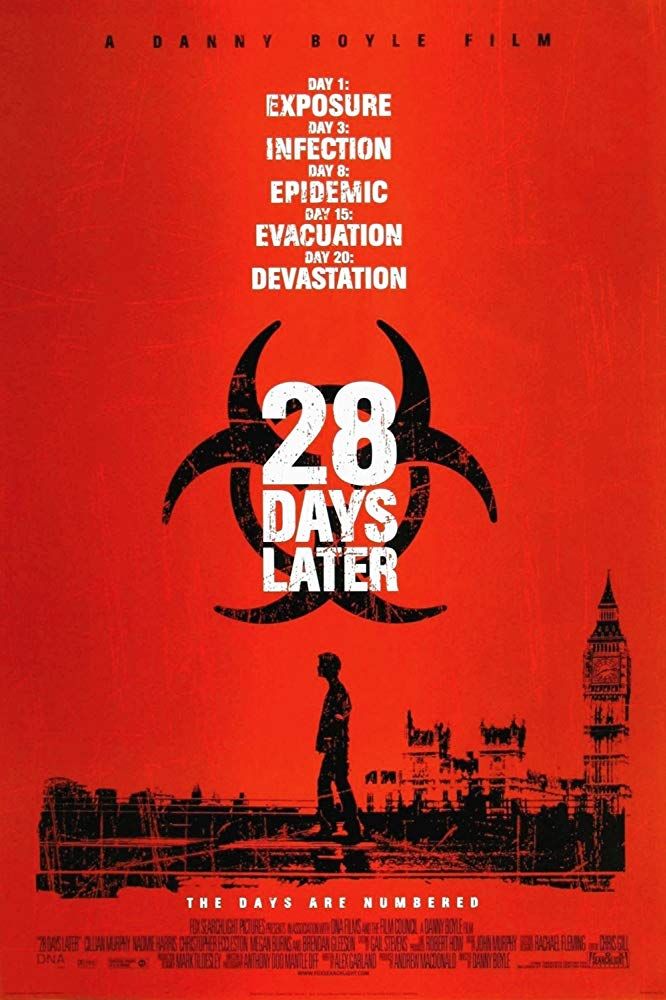
A game-changer in the horror space whose impact is still felt decades later, and (despite a valiant effort by 28 Years Later) remains the best film in the franchise it spawned. Taking place 28 days after the Rage Virus was unleashed on an unsuspecting and unprepared United Kingdom, 28 Days Later doesn't focus on heroic scientists or gruff heroes, but is far more concerned with the regular people who survived the initial horror of the outbreak and now have to deal with the aftermath.
Led by Cillian Murphy in one of his first starring roles, , and always engaging on a fundamental level thanks to the consistent focus on character arcs. The main cast feel fleshed out in a way that horror protagonists rarely get to be, setting a precedent that many critically acclaimed horror films of the last few decades have been chasing ever since. None of this detracts from the sheer intensity of the horror when it kicks into high gear, which can come suddenly, violently, and gruesomely.
Although it's very openly not a zombie movie, the impact 28 Days Later had on the genre quickly influenced countless imitators and set the stage for many of the horror movies that have since come to define the genre in the present day. However, even beyond being influential, , the acting, and the scares. Even with the awareness of every incoming jump scare or dreadful twist, the emotion of the story carries viewers through on their second, tenth, or hundredth viewing.
, a movie with social relevance and moral exploration that could also ratchet up the action and the horror to great effect. That balance is something even the best horror movies can have trouble matching, but 28 Days Later finds it with a natural grace. While 28 Years Later is able to replicate the strong emotional core of the first film and 28 Weeks Later ratcheted up the action and horror, 28 Days Later perfected the fusion of both to produce something truly special.
